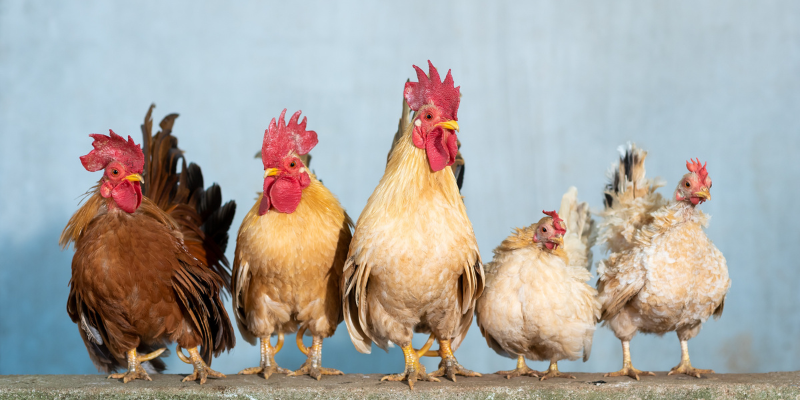Using Ethanol to Prevent the Bird Flu

What is Bird Flu?
Bird flu is also referred to as the avian influenza and it is a disease that is caused by infection with the avian influenza A virus. These viruses are very contagious and spread naturally among wild aquatic birds globally and can often infect domestic poultry such as chickens. The bird flu can cause chickens to become very ill and even cause death in certain bird species. Infected birds can spread the influenza A virus through their saliva, nasal secretions, and feces. Once a susceptible bird encounters surfaces that are contaminated with the virus, they can become sick quickly. There are multiple variations of the bird flu, however, the most common occurring strains are the H5N1 and H7N9. Low pathogenic avian influenza (LPAI) causes very mild symptoms which may include birds sitting hunched over, ruffled feathers, and a drop in egg production. Highly pathogenic avian influenza (HPAI) on the other hand, is highly contagious among flocks and can cause death within 48 hours with a mortality rate estimated to be between 90-100%.
Although the bird flu virus does not usually infect humans, there have been rare instances where humans do become affected. Transmission occurs when infected birds shed the virus through their saliva, mucous, or feces and it gets into human eyes, nose, mouth, or through inhalation of droplets in the air.

Implications of Bird Flu
Since the Coronavirus pandemic, also known as COVID-19, there has been growing inflation that is felt globally. Most affected and concerning is the rising cost of food. The bird flu outbreak this year is estimated to be the second largest outbreak experienced. It has affected over 40 million birds which has caused issues in commercial production. This has sent the price of poultry and eggs surging. Eggs are purported to be up 40% year over year and the growing concern is that we will experience continual increases as the cooler months will bring more outbreaks among chickens.

How to Prevent Transmission of Bird Flu?
Avian influenza in chickens cannot be treated, therefore, the best course of action is prevention of the transmission of the virus. Low pathogenic avian influenza can evolve into the highly contagious form and should be treated as such. Once the bird flu is identified in a chicken, the entire flock must be removed, and any nearby flocks should be quarantined.
Practicing good handwashing, hygiene, and sanitizing using 70% ethyl alcohol will significantly reduce transmission of the bird flu. Contaminated surfaces should be disinfected with alcohol. 70% ethyl alcohol (ethanol) is recommended as it produces less vapor and odor. Additionally, hand sanitizers can be made from 70% ethyl alcohol in the event running water is not accessible.

